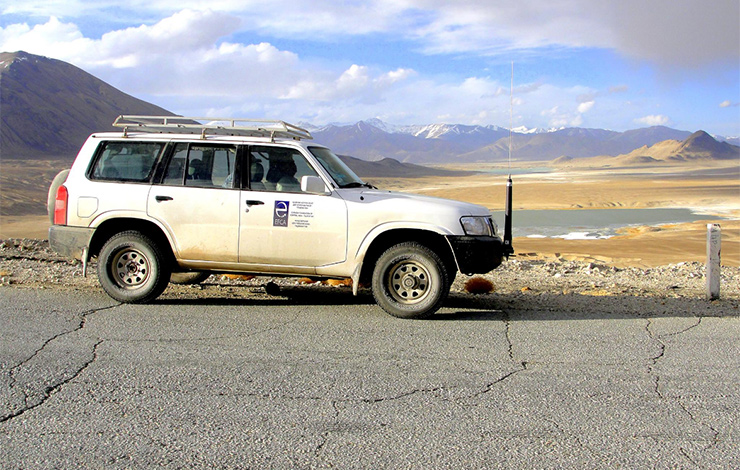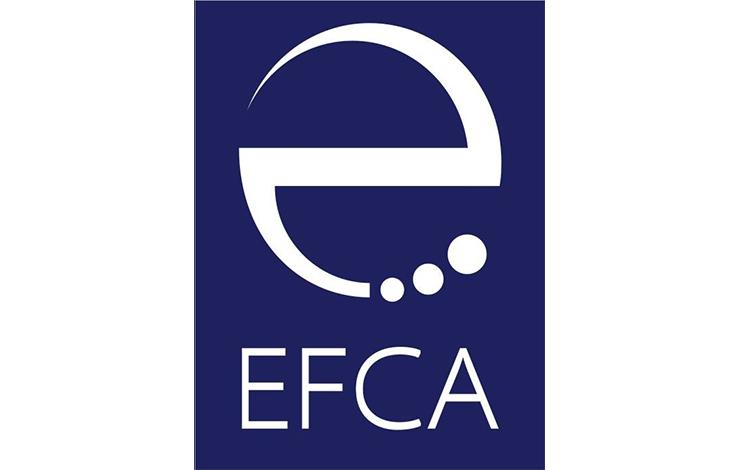Eurasia Foundation of Central Asia mobilizes public and private resources to help citizens participate in building their future by strengthening their communities and improving their civic and economic well-being.
Challenge

Tajikistan suffers from significant human rights abuses, including violence and discrimination against women. For example, between one third and half of all Tajik women report having experienced physical, psychological or sexual abuse at home, with numbers in rural areas being even higher. It was only in March of 2013 that the government of Tajikistan passed its first law addressing domestic violence. In addition, even when laws and institutions are in place, enforcement is limited. Overall, crucial legal protection of citizens, especially vulnerable groups, remains missing or needs amendment. The reasons for this include:
- The Tajik government exhibits a significant constraint to enforce laws due to the inefficiency of state institutions, instances of corruption, cumbersome bureaucratic procedures and citizen's low legal awareness and access to information;
- Authorities promote traditional gender roles, widely dismiss domestic violence as a “family matter” and suggest that elderly people and other informal leaders in the community help mediate cases of domestic violence or issues concerning the rights of vulnerable groups. The reliance on traditional justice mechanisms, a lack of belief that formal justice can be accessed without paying bribes, prohibitive legal costs, and limited experience dealing with public institutions have resulted in the lack of knowledge of legal rights for women and other vulnerable groups.
- Women’s ability to exercise their rights remains limited because they are urged to follow the conservative, traditional norms that are typical for rural areas. They are raised “not to stand for their rights” and are also exposed to the societal pressure to protect the family unit at the cost of their own health and well-being.
Program Summary
The nine-month project provided a nation-wide free legal consultation hotline, focusing its services on women, vulnerable groups and family matters. To enforce this initiative, EFCA connected 340 employed lawyers from the 38 Tajik Legal Aid Centers to the hotline. The LAC and its lawyers were financially supported by donor agencies such as Helvetas, UNDP, OSCE, UNHCR, OSI and EFCA-Tajikistan.
The overall objectives of the program were:
1) To create a hotline system to make justice and official information accessible and affordable, as well as to engage citizens to access information from all over Tajikistan. The activities to accomplish this objective included:
- signing an agreement with operators to connect LACs and the people of Tajikistan through a free hotline;
- producing a confidential online database for lawyers, donor agencies and hotline consultants;
- enabling a media campaign to promote the hotline;
- reaching out to women and vulnerable groups to use the service;
- creating a database that provides (a) lawyers with the tools to register client information for efficient guidance; (b) partner agencies with a tool to conduct qualitative and quantitative evaluation of services; and (c) hotline consultants with the necessary data to connect seekers with lawyers;
- ensuring the sustainability of the phone consultation system by allowing the pre-assessment of cases. The pre-assessment would determine if the issue can be solved directly or if face-to-face consultation in one of the LACs is necessary.
2) To give lawyers and other stakeholders the necessary tools to provide effective, impartial, and culturally competent legal consultation. The activities to accomplish this objective include:
- providing consultants for the database and hotline operation;
- having lawyers from the LACs for phone consultancy;
- ensuring the inclusion and constant cooperation with donor agencies and local representatives of the Ombudsman Office to implement the project through initial training and follow-up sessions.
Impact
The project activities have resulted in the following outcomes:
- One operational free nation-wide hotline;
- 10 articles published in local and national newspapers;
- 5 radio shows streamed;
- 10,000 phone consultations provided and 50% of recipients were women or other members of vulnerable groups.
The results of the program demonstrated a demand for free legal consultation in Tajikistan. The program results also suggest that trust has been built among women and vulnerable groups in their ability to access legal aid and services. The project expects its positive impact on vulnerable groups to continue by promoting human rights in Tajikistan and providing vulnerable populations an opportunity to become active members of the Tajik society by recognizing and exercising their legal rights and thus, lifting themselves out of poverty.
In addition to assisting vulnerable members of Tajik society, the project has also improved several of WJP's rule of law factors. Firstly, the program provides an opportunity for people to access civil justice (factor 7) that is free of discrimination, corruption and improper government influence. Lawyers involved in the service were trained to provide accessible, impartial and effective legal advice and support over the phone and during working hours to prevent unreasonable delays. Additionally, the project advocates for an open government (factor 3) by providing official information on the legal rights of citizens in a range of languages. As a result, any changes in laws and rights were made accessible, and could be spread easily even to the most remote parts of Tajikistan. Furthermore, the project worked with trusted lawyers, ensuring and promoting the absence of corruption (factor 2) through proper advocacy of the free service. Ensuring access to justice by providing free legal consultation to all people of Tajikistan, including women and vulnerable groups, will promote order and security (factor 5). At the same time, consultation seekers will experience and exercise their fundamental rights (factor 4) through equal treatment and the absence of discrimination. Government regulations and laws can be applied and enforced without improper influence, supporting the public enforcement of government regulations (factor 6). Lastly, the project also acknowledges the role of traditional or informal leaders’ guidance. This form of informal justice (factor 9) plays a huge role in the culture of Tajik people and is often the reason for mistrust in the formal legal justice system. Lawyers who are consulting on the hotline will be able to educate the general public on their rights and assure them of the same standards of fairness in resolving disputes in formal systems.
Partners
The main program partners were the phone service provider and the media. Additionally, the project worked in close collaboration with the LACs all around Tajikistan, established jointly by EFCA-Tajikistan in 2009. Furthermore, to ensure the sustainability of the project, EFCA worked with co-donor agencies of the LACs and their lawyers such as Helvetas, UNDP, OSCE, UNHCR and OSI to provide the phone consultation service and maintain it after the initial nine months.


